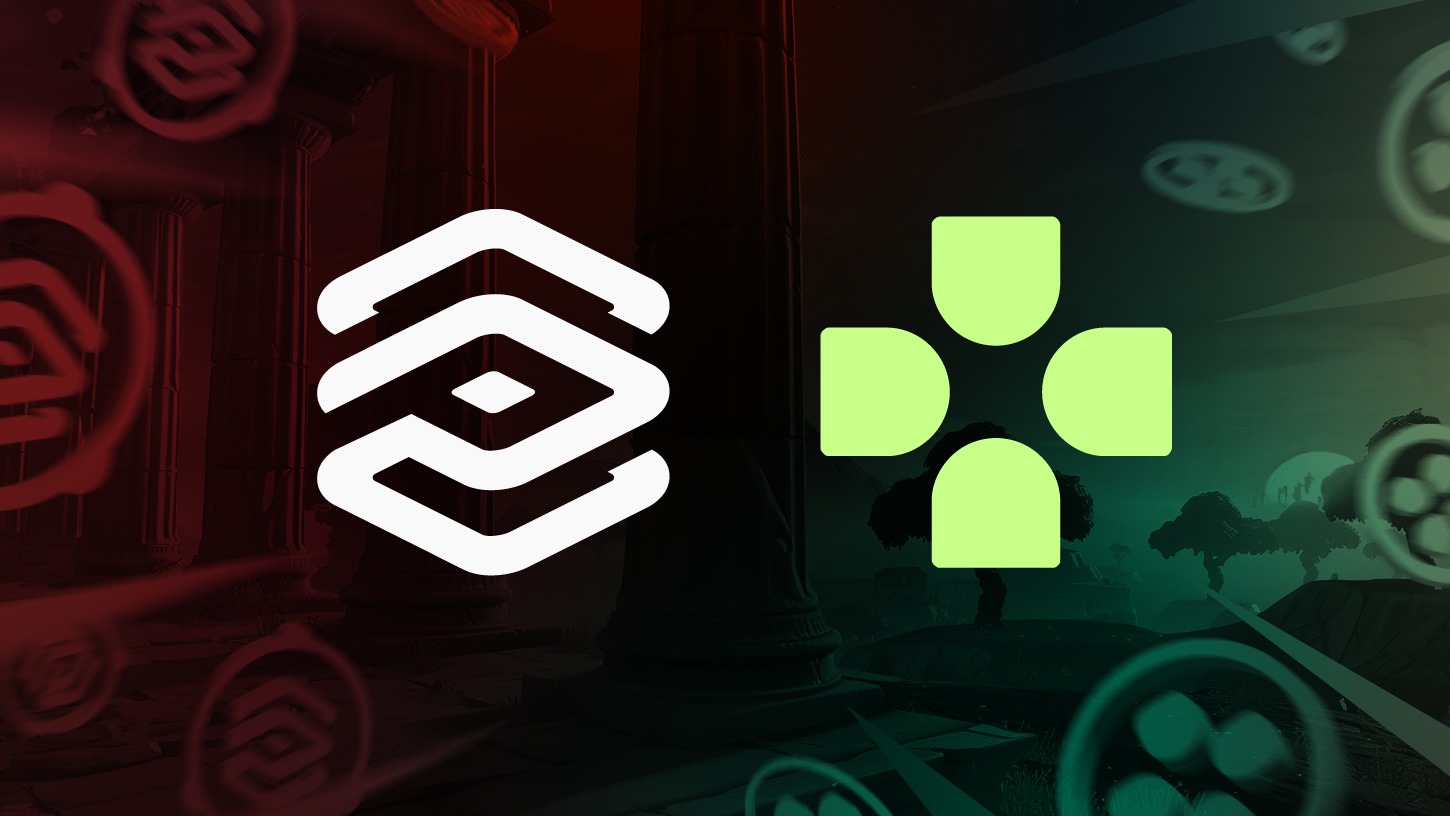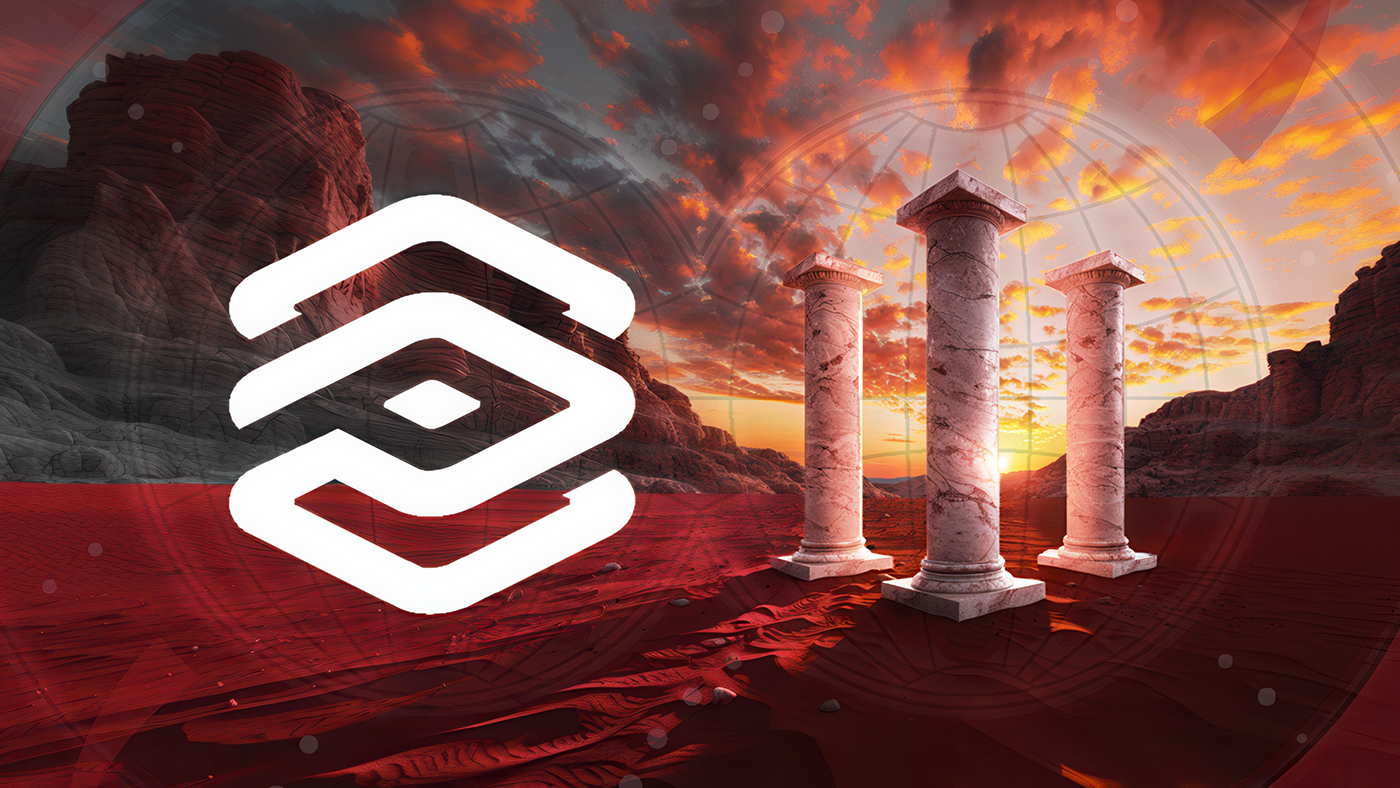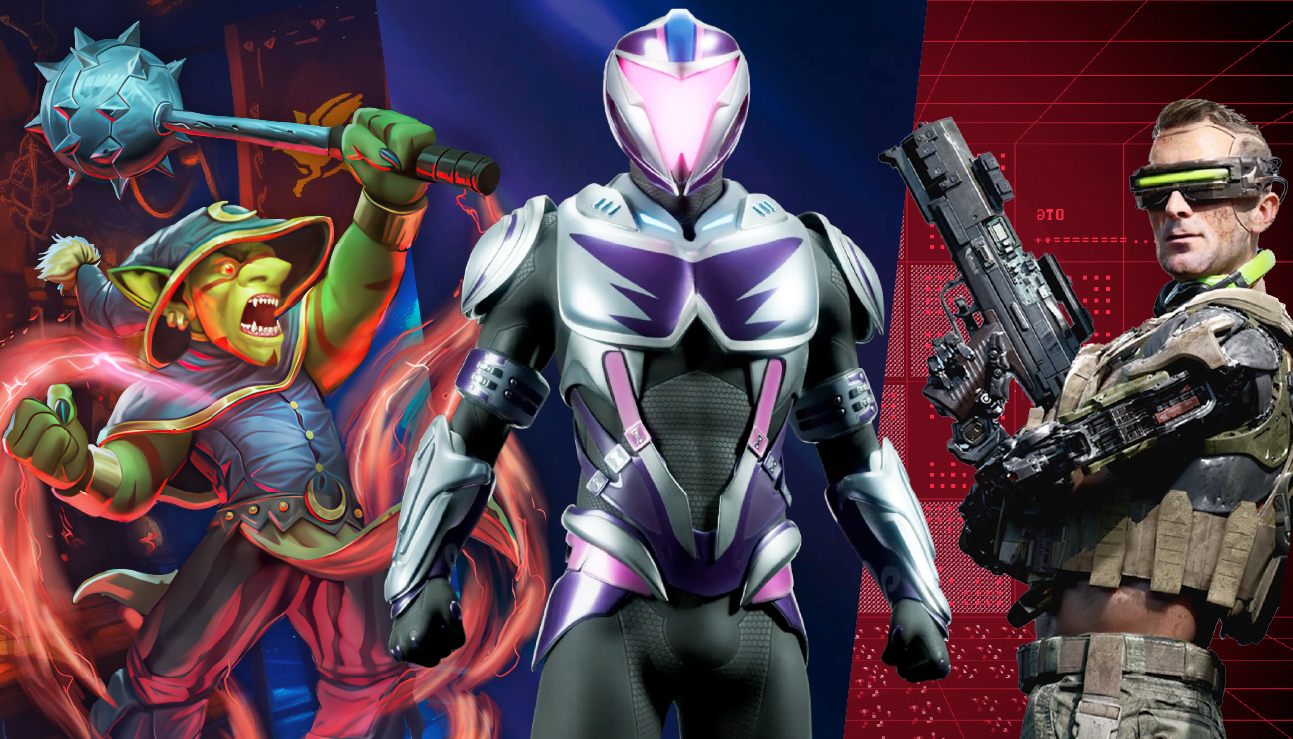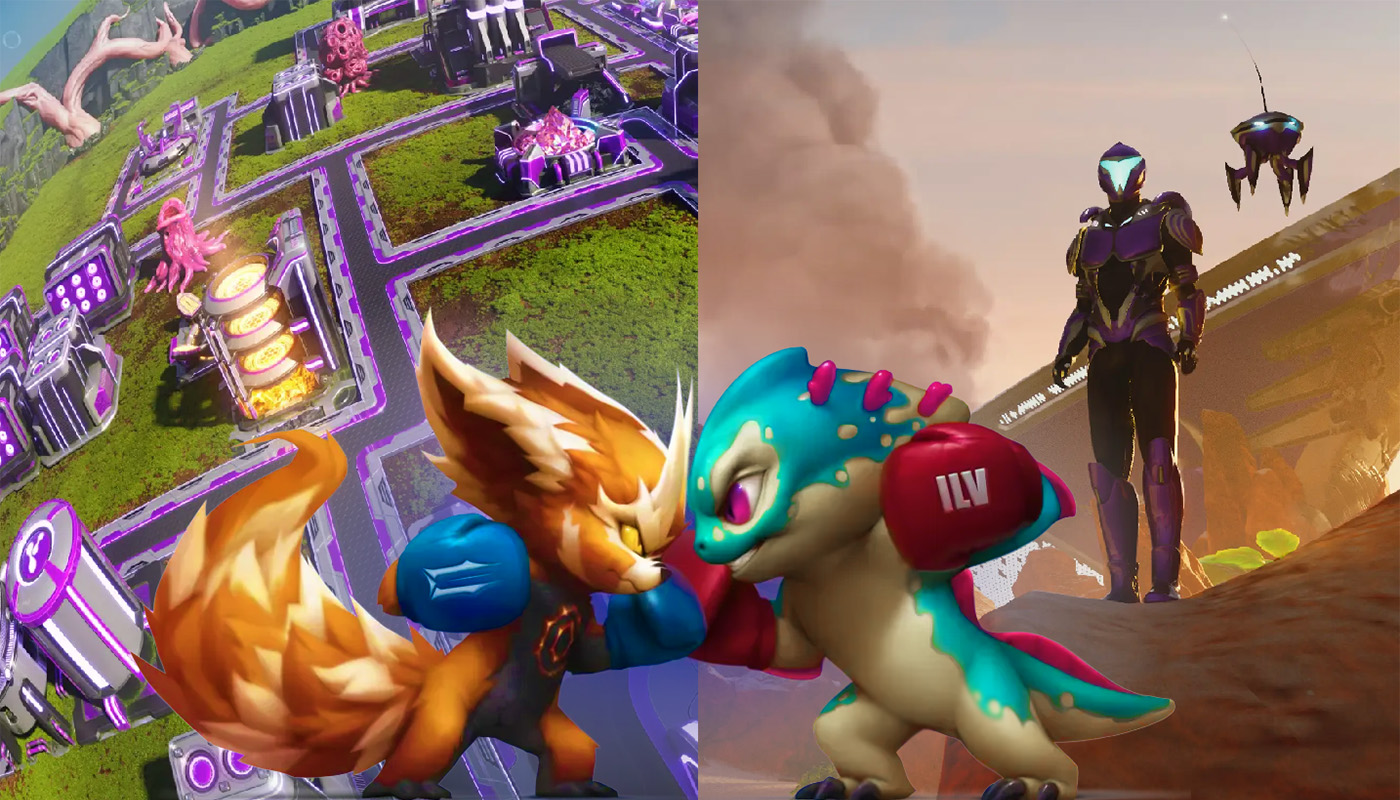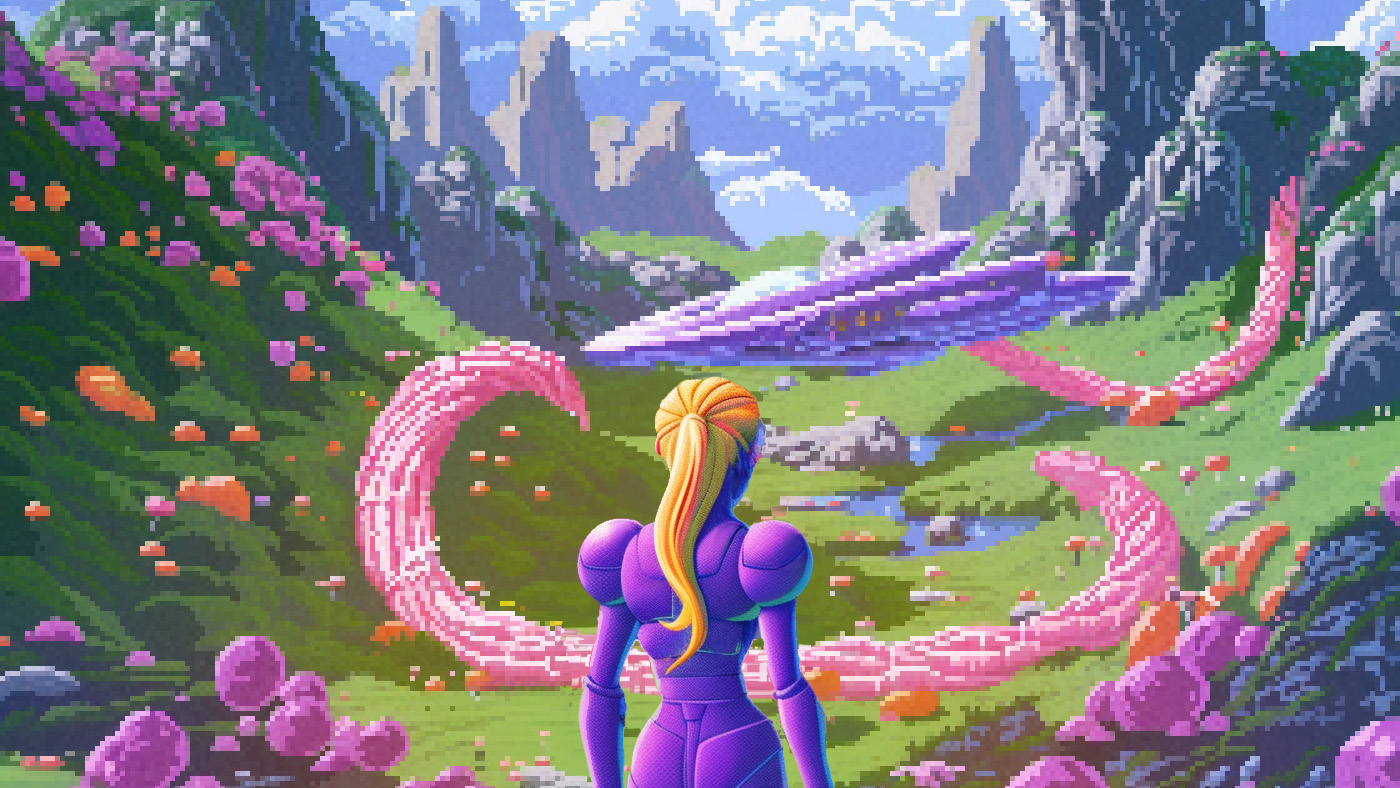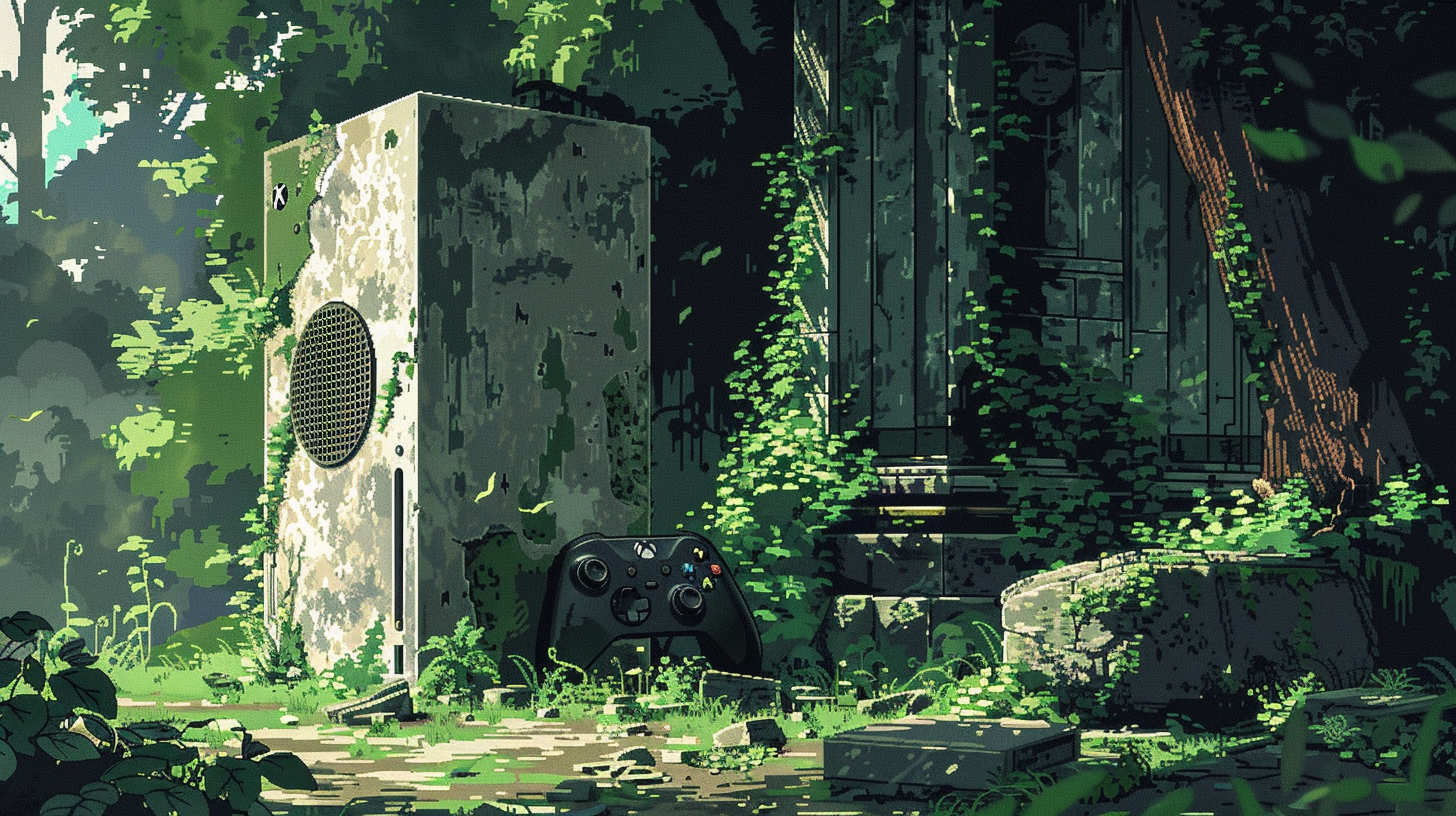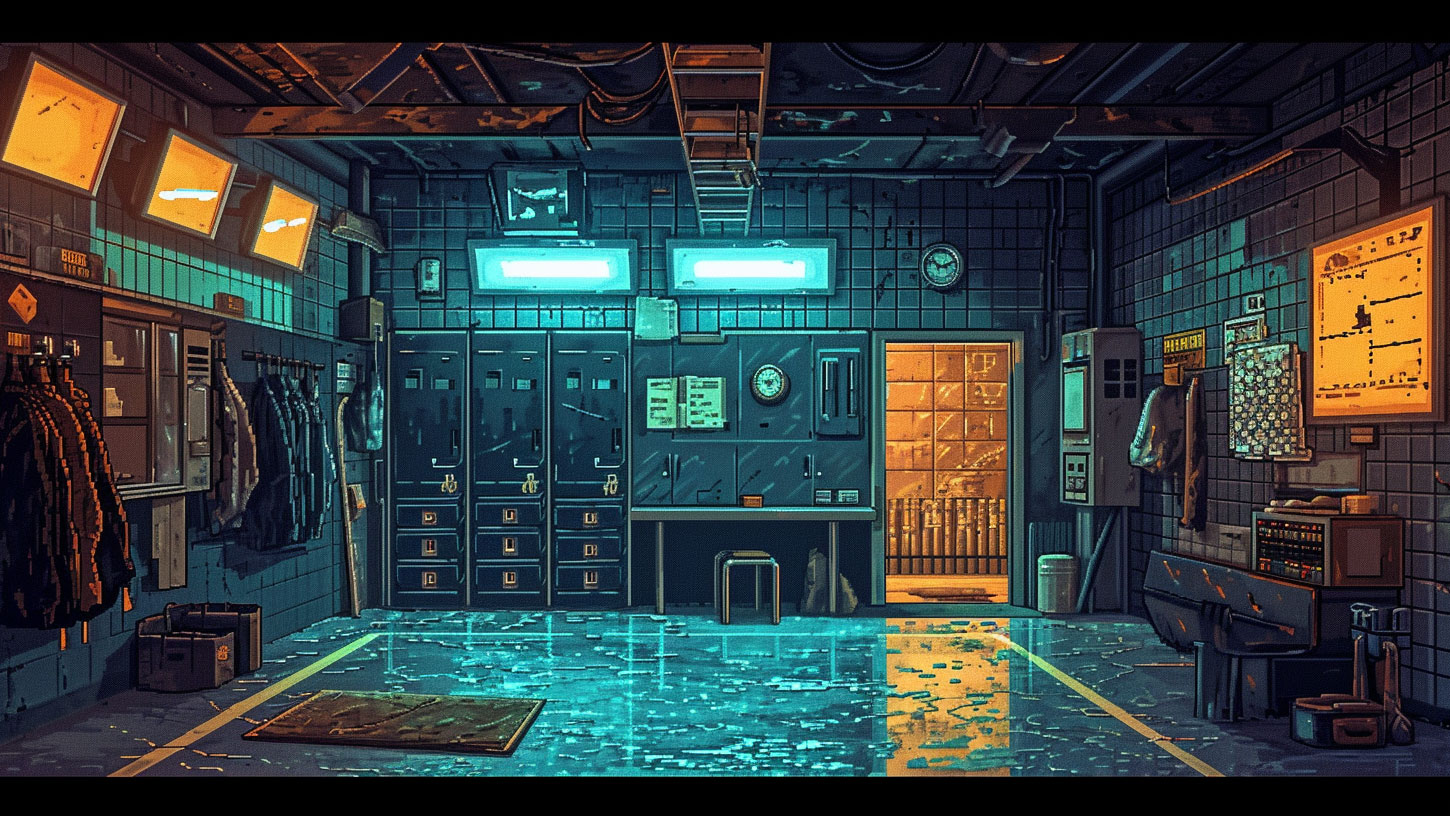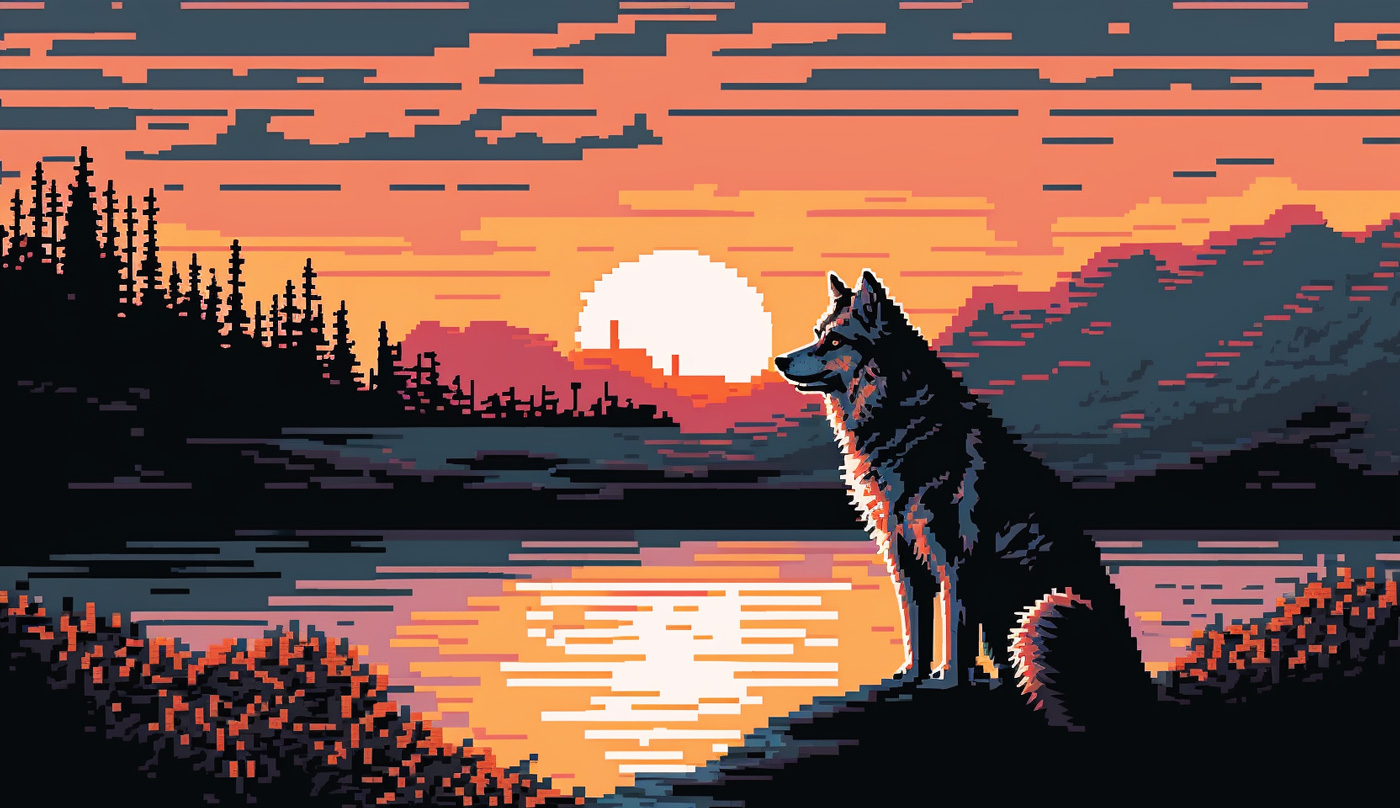I realised something this week that helped me overcome the frustration I have experienced as an observer of blockchain game development.
The frustration stems from witnessing long delays and overblown rhetoric from some development teams.
My revelation was that for some games, the development process – the dreaming, planning, and talking – is actually the game. I had been taking all the activity on face value, thinking that the planning and talking was a business working out how to build and deliver an amazing game.
But some games aren’t like that. Some games are more fun in the dreaming than in the playing.
Star Atlas falls into this category. This epic, sprawling space strategy game promises much, and in the vein of its web2 counterpart, Star Citizen, may also have entered the zone where roadmaps are measured in decades, not years.
It’s a strange week to pick on Star Atlas. Development team Automata has just released the game’s latest demo, Showroom 2.1, on the Epic Game store. There are 49 flyable spaceships, ground racing, and a guy who can fly through the air using jetboots. It looks amazing, except for the boots, which just seem to be blue flames shooting out of normal shoes.
Earlier in the week someone from the game community won a spaceship in the mini-game Escape Velocity. It is listed at just under $10k on the Star Atlas marketplace.
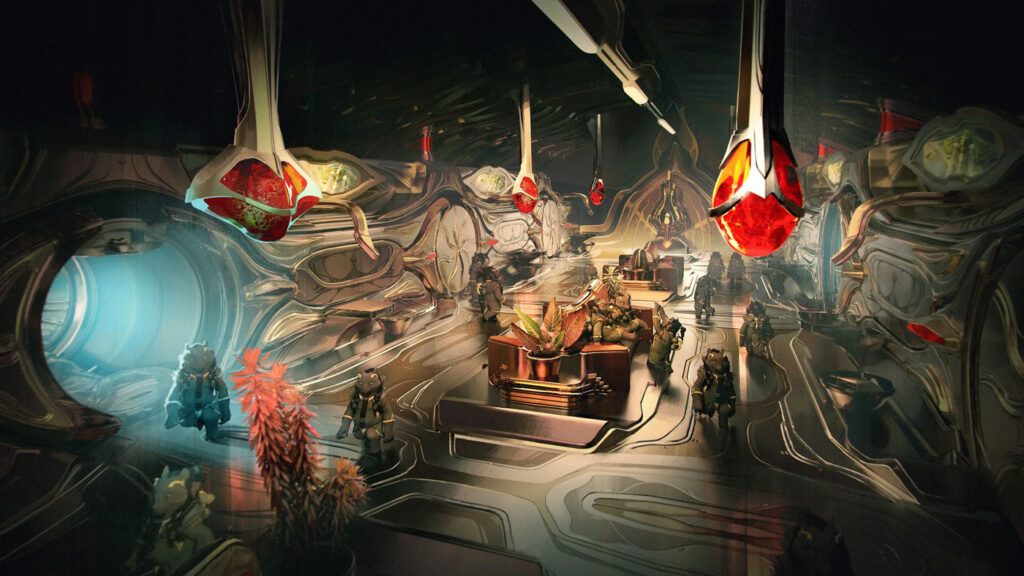
The ship was the Ogrika Sunpaa, and she’s a beaut. 128m long, with six crew and four weapon hardpoints, all rendered lovingly in Unreal Engine 5. You can find all the details on the marketplace, which also notes there are 1400 of these vessels available. That’s nominally more than $13 million real dollars of fantasy spaceships. There are tens of thousands of other ships on sale, the biggest listed at $5m each.
But while all the talk on the game’s Discord points towards an amazing future where these spaceships zip around the Star Atlas universe, the real action of the game is happening now, in the minds of the developers and community.
It is a condition of this enjoyment that the future contains a great game. The fact that it may never come to pass isn’t really the point.
I experienced this as a boy with Dungeons and Dragons: my brother and I spent many hours building worlds and characters but rarely actually played the game. When we did, it was a bit of a let down. The joy was there in the creation and contemplation of imaginary objects, and what could be.
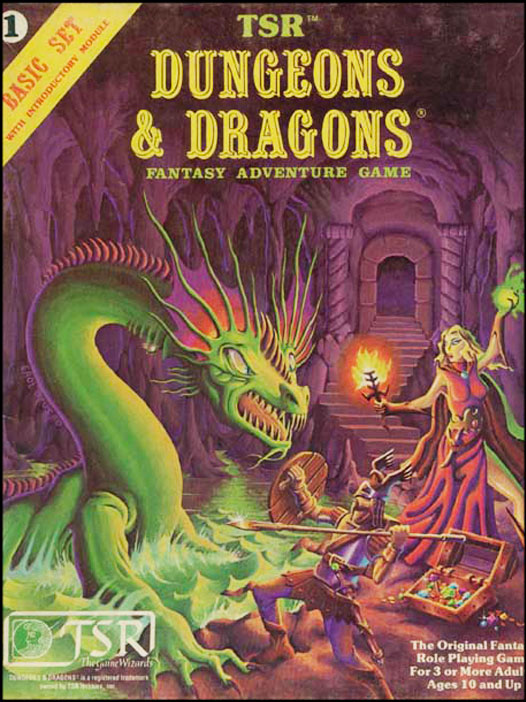
It is no accident that Automata have set up their business to explicitly blur the line between fiction and the real world – for example issuing statements in character – and everything about Star Atlas points to a dreaming game.
Perhaps not what investors are looking for, but something worthwhile on its own terms.
A lesson in pendulum swings
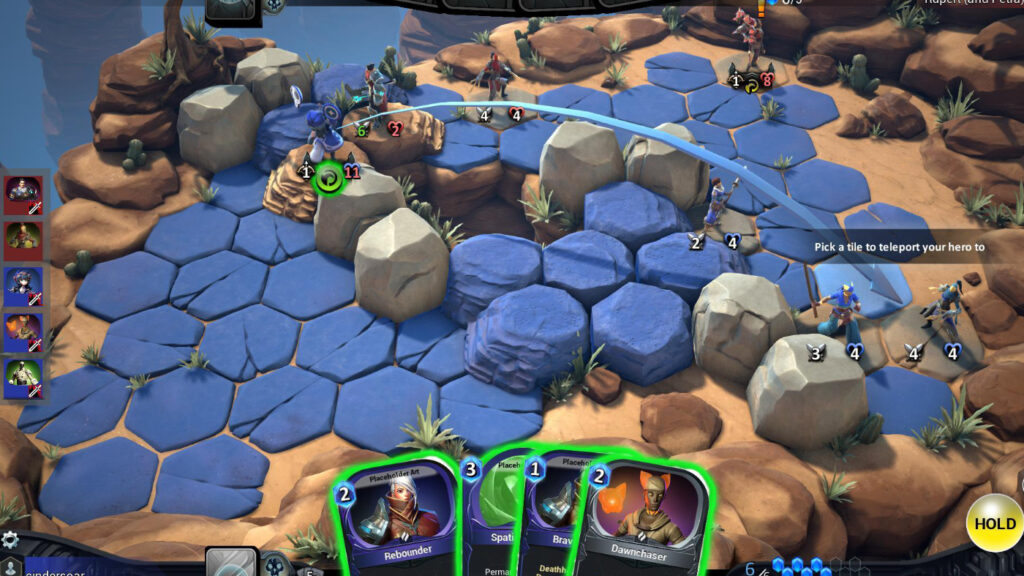
There are other, more mainstream types of games, where the gameplay matters. Shardbound is a card battler that began life as a normal game, then got a blockchain reboot when developer Bazooka Tango and platform Immutable picked it up.
This week co-founder and lead developer Stephan Sherman explained in a YouTube video that he was changing the “win condition” of the game, tweaking it so that a losing player could stage a comeback.
“Ultimately, if your product allows for the backfoot player and the frontfoot player to switch places – usually by crafty and savvy play on the backfoot player’s part – then there is some amount of surprise and suspense about who might win a game,” Sherman said.
The change is that, as well as winning by exterminating your enemy, you can win by making a certain amount of points. This is an “economic victory”. I might add that Sherman delivered all this very well to camera. As a former TV news director, I have identified him as someone to be interviewed immediately! Stand by for that one. Read
Illuvium’s lifeline
Illuvium announced an extra $10m in funding from Framework Ventures this week. You’ll recall an interesting passage of play a few weeks back where Illuvium management pledged personal tokens in case the money ran out (indeed a token gesture given the circularity of game economies). Rather than extending runway, co-founder Kieran Warwick said the money would be used to speed up development.
How an investor thinks about BG
I published my interview with Delphi Digital’s Yan Liberman on the Key Character’s podcast, as promised.
Quote: “On the cutting edge of technology you typically find gamers, and so naturally there’s a decent cohort of gamers in the crypto space … The difficulty is games take quite some time to build and when the token is really ingrained in the loops of the game the impact of speculation is more significant.”
Subscribe to the podcast or listen to that one here.
This is the web version of our weekly newsletter. Subscribe for free here.



